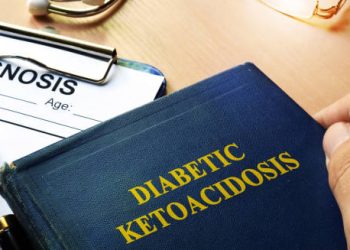Complications of Empyema
The complications of empyema can be severe if the condition is not recognised and treated early. Because empyema causes infected pus to build up in the chest cavity, it can lead to long-term lung damage, infection spread, and even death in serious cases.
Lung-Related Complications
Trapped lung – Pus and inflammation can scar the pleura (lung lining), causing the lung to stick and collapse. The lung cannot re-expand fully, resulting in long-term shortness of breath.
Fibrothorax – A thick fibrous layer forms around the lung, limiting its movement permanently.
Bronchopleural fistula – An abnormal connection between the lung and pleural space can form, leading to continuous air leakage and prolonged recovery.
Chronic empyema – If not fully drained, the infection may become long-standing and more difficult to treat.
Infection Spread
Empyema can lead to systemic infection (sepsis), a life-threatening condition in which bacteria spread through the bloodstream. Signs include high fever, rapid heart rate, low blood pressure, confusion, and organ failure. This is a medical emergency requiring intensive care.
Respiratory Failure
Severe cases can lead to reduced oxygen levels and the need for mechanical ventilation. This is especially dangerous in the elderly or people with pre-existing lung disease.
Recurrent Infections
Patients who recover from empyema may still be at risk for recurrent pneumonia or pleural effusions. Preventative care, such as vaccines for pneumococcus and influenza, is highly recommended after recovery.
In Children
In children, long-term complications are rare if empyema is treated promptly. However, delayed treatment may lead to growth delays, reduced lung function, or chronic respiratory problems.
Complications of Empyema In South Africa
In TB-endemic areas, empyema may occur alongside drug-resistant tuberculosis, complicating treatment and increasing the risk of chronic illness. Delays in accessing surgical care in rural provinces can worsen outcomes. Strengthening referral pathways and early chest X-rays are key in avoiding advanced complications.
With the right care, many complications are preventable. Chest physiotherapy, good nutrition, and follow-up imaging help ensure the lung heals fully. Education on early symptoms of pneumonia or TB also plays a role in preventing empyema in the first place.
Understanding the complications of empyema highlights the importance of early diagnosis, complete treatment, and post-recovery care. With timely intervention, most patients can make a full and lasting recovery.


